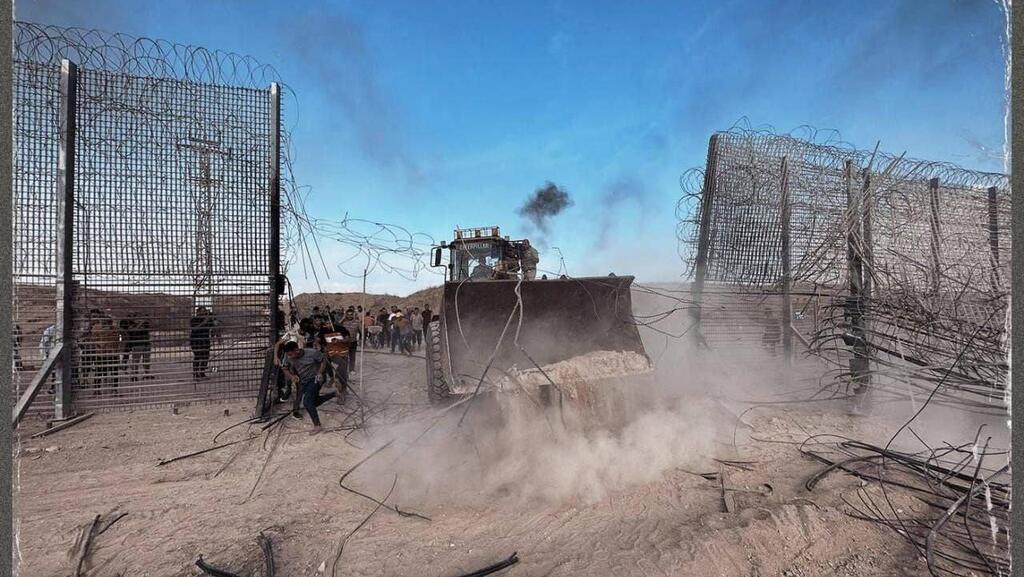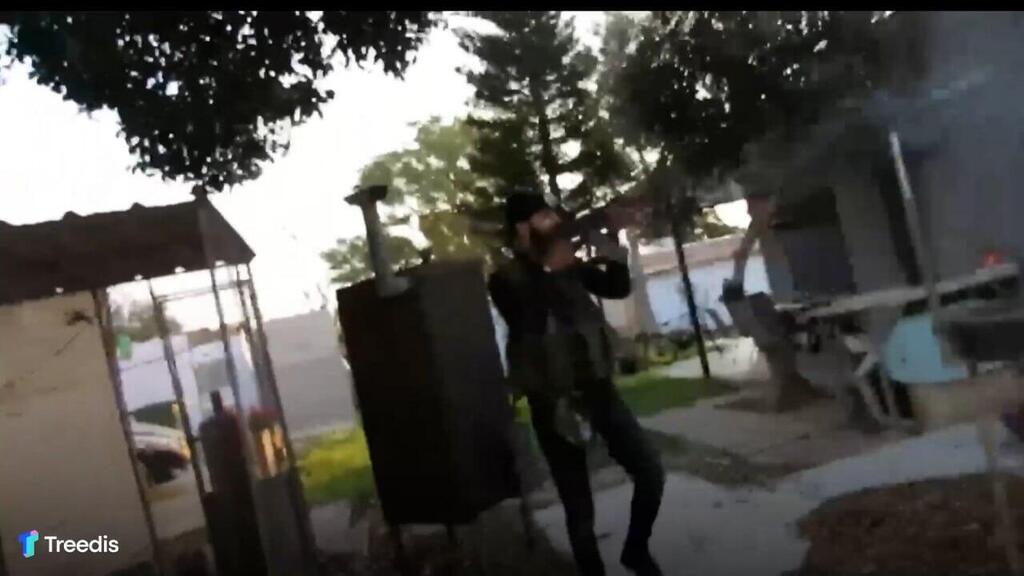Getting your Trinity Audio player ready...
Since the brutal attack on October 7th, the narrative of a "collapsed conception" has taken root in Israeli public discourse. This narrative was a fit explanation for the surprise of the Yom Kippur War when Israeli intelligence failed to identify changes in enemy intentions. However, the current conflict with Hamas poses different challenges, and the surprise this time stems from the blindness of politicians and generals—a blindness to reality or context—due to absolute faith in technology.
For years, Israel's security strategy has relied on advanced technologies such as missile defense systems and sophisticated intelligence gathering tools. These technologies provided significant tactical advantages but also fostered dangerous complacency.
The belief that technology alone can provide a comprehensive understanding of threats and ensure security led to a critical neglect of the human factor. Context blindness is the inability to perceive and interpret the situational nuances essential for effective decision-making. When technology monitors and understands our surroundings, it relieves us of the need to do so ourselves.
Dependence on technology created a false sense of security. The Iron Dome, for instance, was praised for intercepting rockets, but it also led to an underestimation of Hamas's ability to adapt. The assumption that technological superiority equals invulnerability led to ignoring the possibility that Hamas would develop new tactics and strategies to bypass technological defenses.
Moreover, the digital age has nurtured a culture of immediacy and present-mindedness, where long-term strategic thinking is often sacrificed for short-term gains. This was evident in the Israeli leadership's approach to Hamas, which focused on immediate deterrence through technological means instead of addressing the fundamental issues of the conflict. The result was a reactive rather than proactive stance, leaving Israel vulnerable to a coordinated and unexpected—or expected but unseen or transparent—attack.
The blindness was so profound that even clear technological signs were not properly interpreted. Hundreds of Israeli SIM cards activated all at once in Gaza should have raised a red flag, but the security forces saw them and, in their blindness, did not see them. Warnings from surveillance soldiers about massive Hamas training exercises and approaches to the fence were met with reprimands, as commanders preferred electronic and optical systems over the eyes of female soldiers. They prided themselves on the "smart" technological security barrier above and below ground.
If any conception collapsed, it was the conception that you can prefer “deep learning” over deep understanding of human contexts, human intelligence, and cultural and linguistic expertise.
More than a failure of deterrence, the Hamas attack demonstrated the dangers of contextual blindness. Leadership needs to open its eyes and see that the end of the war in Gaza is imperative to bring the hostages back to Israel, the evacuees back to their homes, and the mandate back to the people with immediate elections.
 Dr. Eva BergerPhoto: College of Management Academic Studies
Dr. Eva BergerPhoto: College of Management Academic StudiesOnly so will it be possible to begin the process of recovery and rebuilding. When the shortsightedness is finally relieved, perhaps it will become clear, once and for all, that the only path to a new reality is a political solution. Otherwise, the viral video weeks ago showing the IDF using a medieval-style catapult to hurl fireballs over the border into Lebanon, may be a telltale sign that we are approaching the sticks-and-stones-war Albert Einstein warned about.
Dr. Eva Berger is senior lecturer of Media Studies at the College of Management Academic Studies. She is the author of Context Blindness: Digital Technology and the Next Stage of Human Evolution and veteran anti-war protestor.




